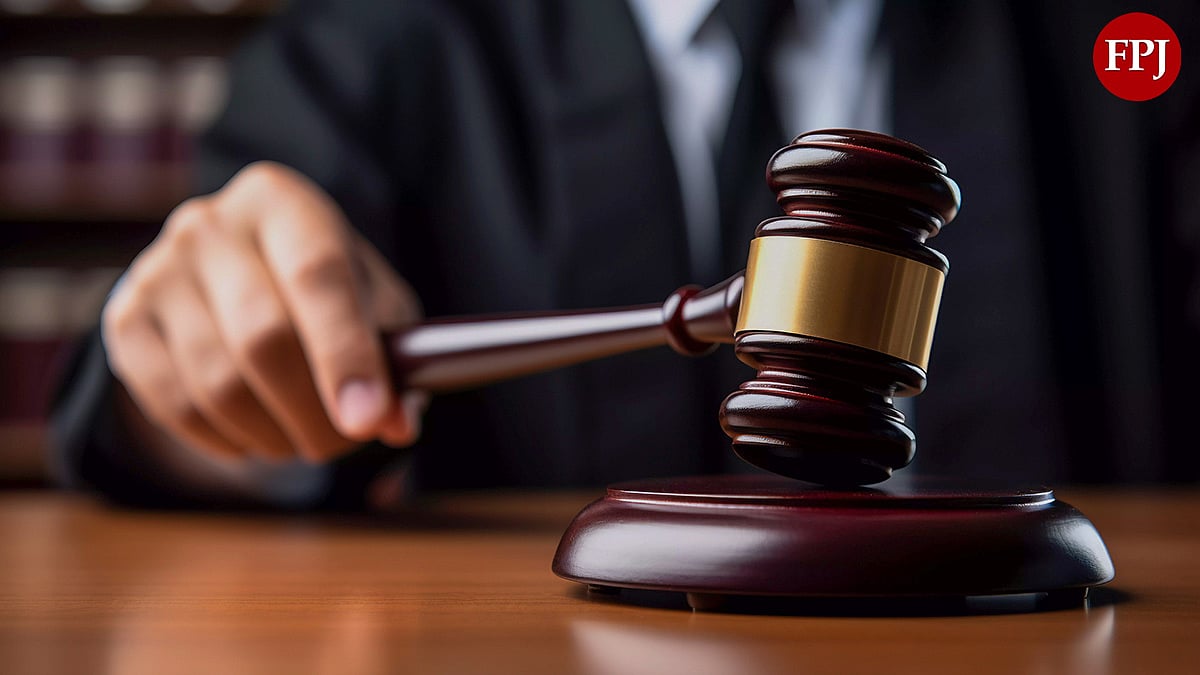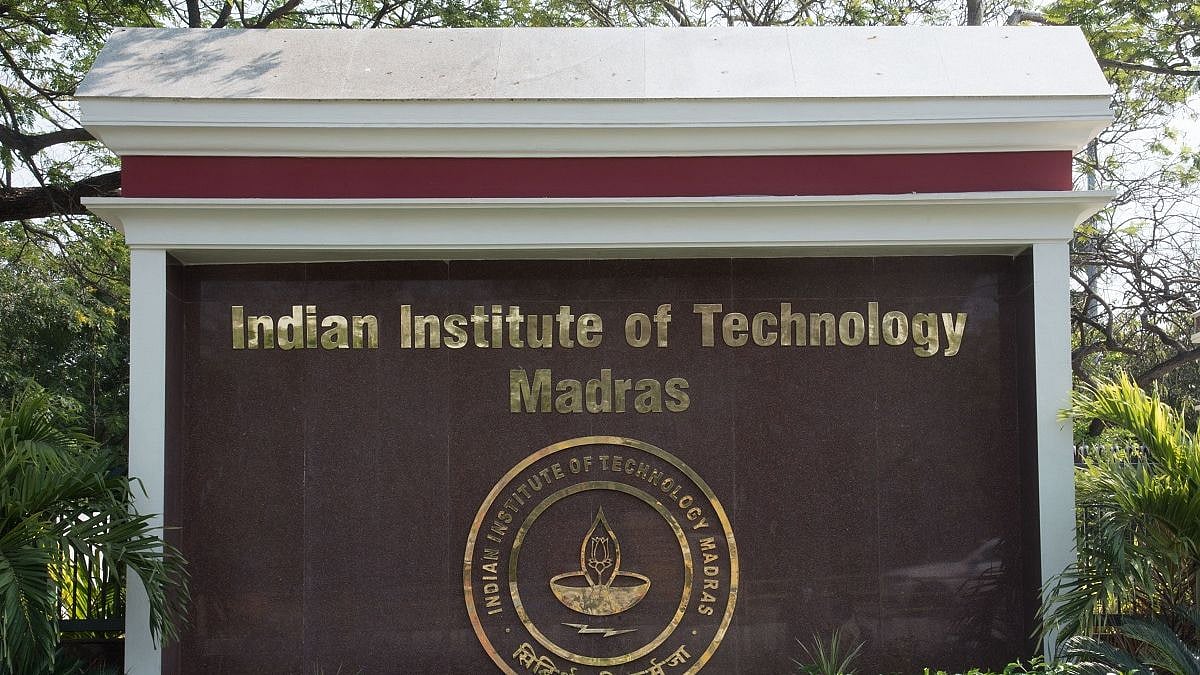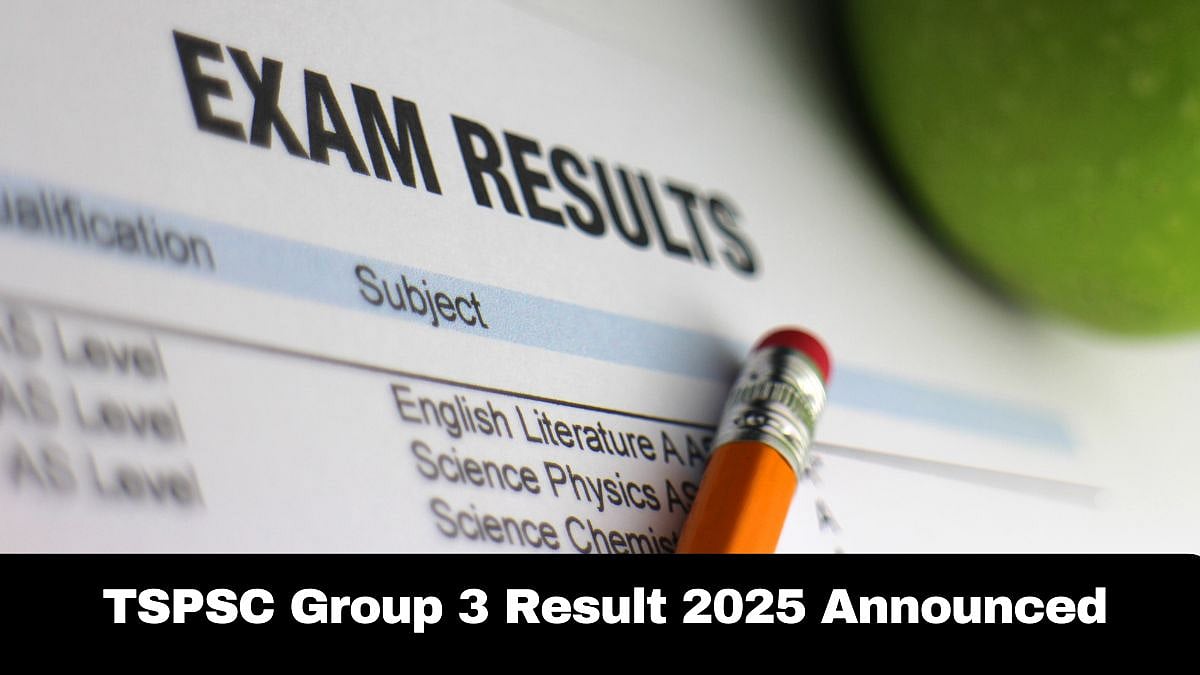New York: The USD 100,000 fee imposed by the Trump administration on new H-1B visa petitions will not apply to applicants seeking a "change of status" or "extension of stay", according to fresh guidelines.
Issued by the US Citizenship and Immigration Services (USCIS) on Monday, the guidelines clarified the exemptions to President Donald Trump's September 19 proclamation, 'Restriction on entry of certain nonimmigrant workers', which will raise the fee for new H1-B visas to a steep USD 100,000 (approx INR 88 lakhs).
"The Proclamation does not apply to any previously issued and currently valid H-1B visas, or any petitions submitted prior to 12:01 a.m. eastern daylight time on September 21, 2025," the USCIS said.
It added that the proclamation also does not prevent any current H1-B holder from travelling in and out of the US.
The USCIS clarified that the fee does not apply to "change of status" cases where individuals switch categories without leaving the country, such as moving from F-1 student status to H-1B status.
"It says the fee only applies to cases filed for people outside the United States, so they can come in," Dan Berger of Green & Spiegel told Forbes in an interview. "Employers were nervous about doing change of status because the $100k might apply if they travel," he added.
The proclamation does not apply to a petition filed at or after "12:01 a.m. eastern daylight time on September 21, 2025, that is requesting an amendment, change of status, or extension of stay for an alien inside the US where the alien is granted such amendment, change, or extension.
"Further, an alien beneficiary of such petition will not be considered to be subject to the payment if he or she subsequently departs the United States and applies for a visa based on the approved petition and/or seeks to reenter the United States on a current H-1B visa." However, if the USCIS determines that the person is "ineligible for a change of status or an amendment or extension of stay", then the fee would apply.
A beneficiary will not be considered to be subject to the payment if they subsequently depart the US and apply for a visa based on the approved petition and/or seek to re-enter the US on a current H-1B visa, it said.
The proclamation signed by the US President raised the fee for H1-B visas to a staggering USD 100,000 annually, in a move that could adversely impact Indian professionals on visas in the US.
Indians make up an estimated 71 per cent of all approved H-1B applications in recent years, according to the USCIS. Companies pay to sponsor H-1B applicants.
The guidelines were issued days after the US Chamber of Commerce filed a lawsuit against the Trump administration's decision to impose the fee, describing it as "misguided policy and plainly unlawful" action that could cripple American innovation and competitiveness.
The lawsuit, filed on October 16 in a district court in Columbia, challenged the proclamation and said it exceeded the president's lawful authority.
Tens of thousands of highly skilled people in specialised fields boost the American economy each year after obtaining H-1B status, it said.
Under a Congressional-mandated cap, the US can issue a maximum of 65,000 H-1B visas every year and another 20,000 to those who have obtained master's and higher degrees from the US.
(Except for the headline, this article has not been edited by FPJ's editorial team and is auto-generated from an agency feed.)











